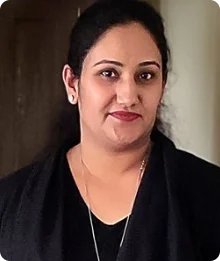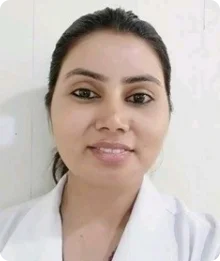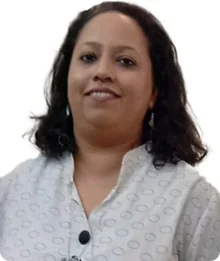World Parkinson’s Disease Day: 11th April, 2016:
World Parkinson’s disease day is celebrated every year on 11th April to commemorate Dr. J Parkinson on his birthday. He was the first to describe the disease in “An Essay on the Shaking Palsy”, as a disorder with a pattern of lessened muscular power and involuntary tremulous motion. On this day, efforts are made to increase the public awareness of this terrible disease.
What Is Parkinson’s Disease?
Parkinson’s disease (PD) is a neurodegenerative disorder which affects the nerve cells in the brain that produce dopamine. As a result, these nerve cells are reduced in numbers. As cell death spreads to larger parts of the brain more centers are affected which results in an aggravated motor and non-motor functional impairments. It is a progressive disorder and the symptoms gradually worsen.
Symptoms of PD begin gradually, often on one side of the body and later, they affect both sides of the body. The disease is characterized by:
- Trembling of hands, arms, legs, jaw and face
- Stiffness of the arms, legs and trunk
- Slowness of movement and trouble in walking and/or talking
- Poor balance and coordination
- Sleep problems and depression
People with the disease may have trouble doing simple tasks as the symptoms get worse. They may also have trouble chewing, swallowing, or speaking.
Screening and Diagnosis
PD usually begins around age 60, but it can start earlier. It is more common in men than in women. There is no laboratory test for PD, so it can be difficult to diagnose. Doctors use a medical history and a neurological examination to diagnose it. There is no cure for PD
Lifestyle Remedies and Health Care Solution
- Exercise: It may increase your muscle strength, flexibility and balance. Exercise can also improve your well-being and reduce depression or anxiety
- Medications: They may help you manage problems with walking, movement and tremor. Medications can help control the PD- symptoms by substituting/increasing for dopamine in the brain.
- Healthy diet: A balanced diet provides nutrition. Foods such as fish which contain omega-3 fatty acids are also recommended for persons with PD.
- Training for daily activities: An occupational therapist can show techniques that make daily life easier.
- Be careful while walking: At later stages of the disease, movement can become difficult. Distribute your weight evenly between both feet, and don’t lean. Avoid walking backward.
Create Awareness to Find a Cure:
Many people are not fully aware of how to identify PD. In the interest of promoting awareness of this disease, we can:
- Organize larger events at local parks, or even with local schools for the cause of PD
- Work together to create a day where there are educational courses about the disease
- Arrange for musical performances, conduct marathons and walk-a-thons to help generate donations to support the ongoing research into this condition.
- Work together with friends and family to help organize refreshment stands or bake sales to produce more funds to donate to research groups
Turacoz Healthcare Solutions is committed to spread the awareness on such social or healthcare-related issues as a part of their Corporate Social Responsibility (CSR) activity. Our medical writing team is well-versed in various therapeutic areas which gives them a head start in various publication, clinical research and regulatory writing projects.






























